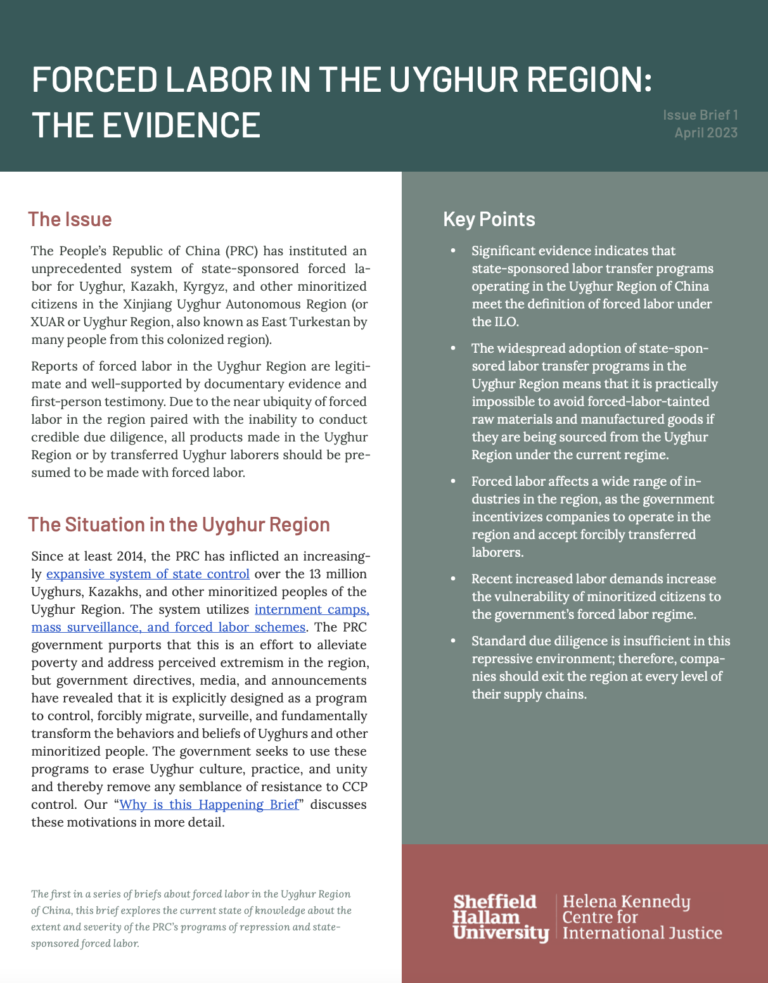How Companies can deal with Labour Exploitation in the Agricultural Sector
PublicationsAbstract This short paper tends to shed light and reflect on the way forward for companies to address labour exploitation in their agricultural supply chain. For that, it will first refer to some of the cases reported in Spain and Italy to then br...Read More

